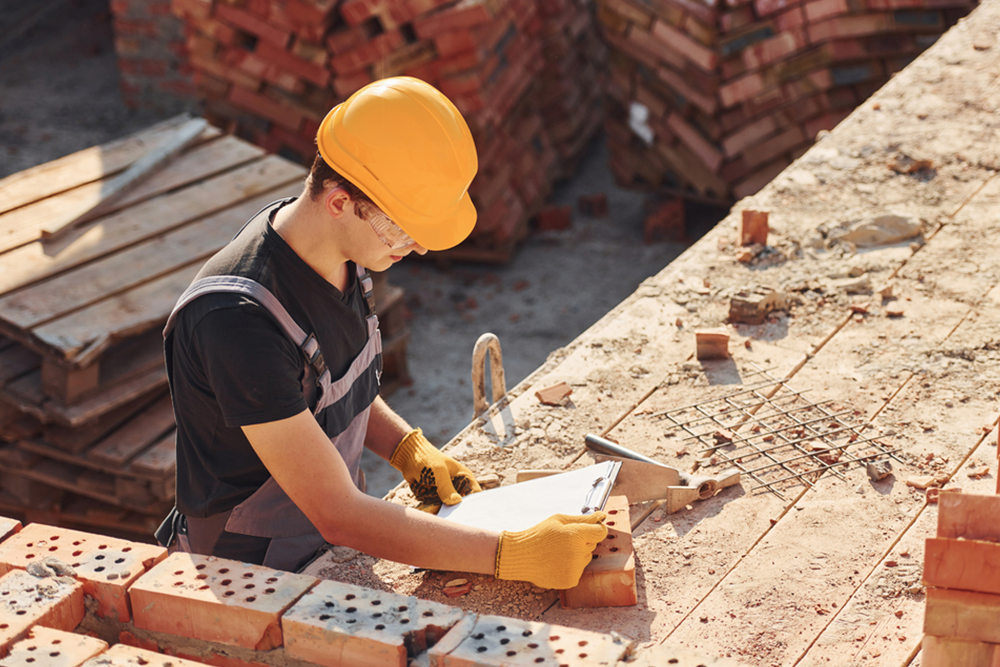Masonry is a fundamental aspect of building construction, offering both aesthetic appeal and structural durability. Understanding the different types of masonry helps in selecting the right option for a specific construction project. This guide explores the primary types employed in today’s building industry.
Brick Masonry
Brick masonry is one of the most traditional forms of construction. It involves laying individual bricks in a specific pattern and binding them together with mortar. This type is favored for its classic appearance and the extensive range of colors and textures available.
Brick structures are known for their durability and fire resistance, making them a preferred choice for residential and commercial buildings. However, the quality of the brick and the mortar used plays a significant role in the longevity and strength of the construction.
Stone Masonry
Stone masonry uses cut or uncut stones to construct walls and other structures. It is one of the oldest forms of masonry and is chosen for its natural appearance and exceptional durability. Stone can be laid in various styles, including rubble masonry and ashlar masonry.
Rubble masonry utilizes rough, unhewn stones and is generally cheaper and less uniform. Ashlar masonry, on the other hand, uses carefully cut stones that fit together tightly without much use of mortar, providing a more refined finish.
Concrete Block Masonry
Concrete blocks are a modern alternative to bricks and stones. These blocks are larger, making them quicker to lay than bricks. They are commonly used in the construction of load-bearing walls and foundations due to their high structural capacity and cost-effectiveness.
Concrete block masonry is adaptable, as the blocks can be manufactured to meet specific technical properties for insulation or acoustic performance. They also offer excellent fire resistance and energy efficiency.
Veneer Masonry
Veneer masonry is primarily used for aesthetic purposes rather than structural support. It involves the application of a single layer of masonry units (such as bricks or stones) over other materials like wood or metal framing. Veneer masonry offers the appearance of full masonry construction at a reduced cost and weight.
This type of masonry is perfect for enhancing curb appeal and can significantly increase a building’s value. It also adds an extra layer of insulation, improving the energy efficiency of a property.
Composite Masonry
Composite masonry combines two or more different types of building materials. This method is often used to optimize the structural benefits of each material while achieving a unique aesthetic. Common combinations include bricks and stones, or concrete blocks and bricks.
Composite masonry is versatile and can be customized to meet specific architectural and structural requirements. It is particularly useful in areas with complex design specifications or where materials must be integrated for structural or visual impact.
In Need of Commercial Masonry Services?
Each type of masonry offers unique advantages and can be selected based on structural requirements, budget, and desired appearance. At Premier Building Restoration, we specialize in commercial masonry services that cater to a diverse range of needs.
Our experienced team is equipped to handle everything from traditional brick masonry to innovative composite constructions, ensuring your building not only looks great but stands strong against the elements. Contact Premier Building Restoration for expert advice and skilled execution on your next masonry project.










